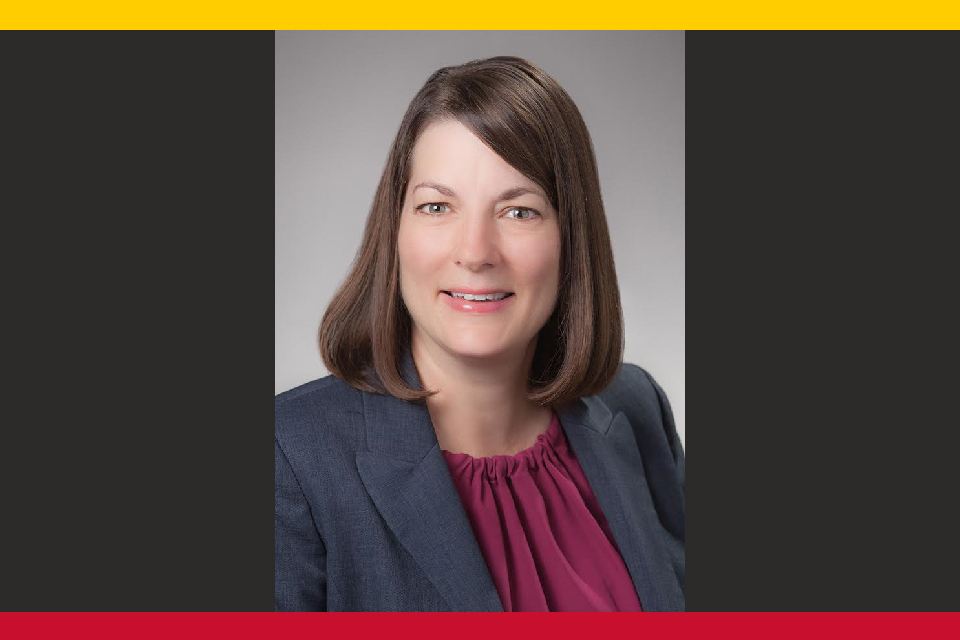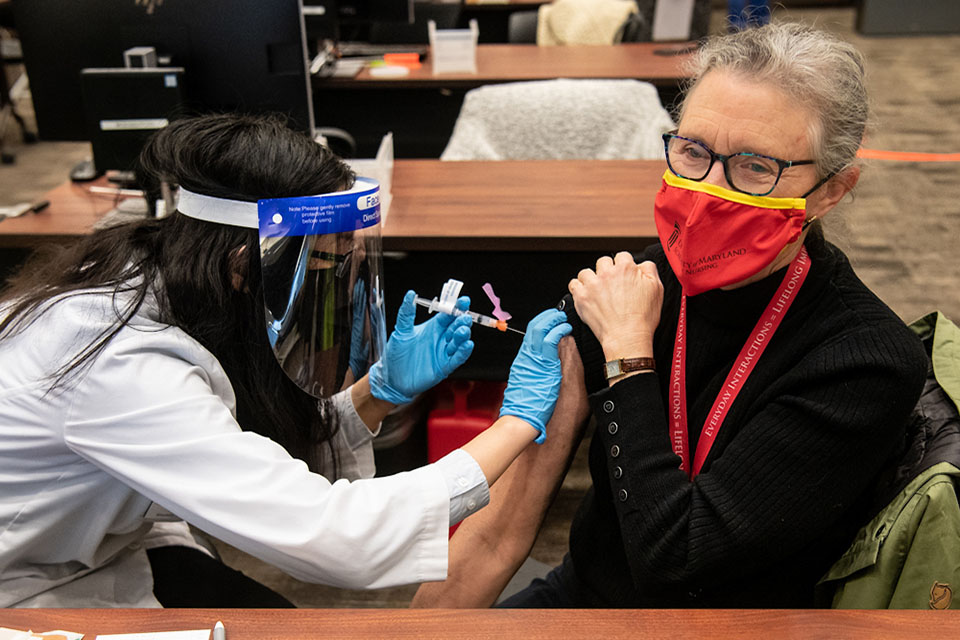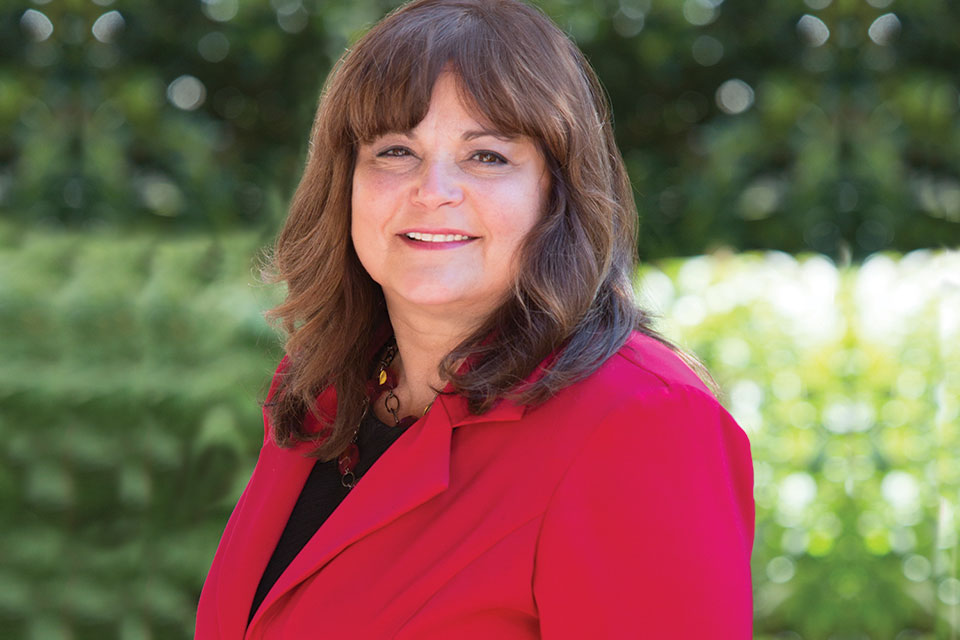SOP Hosts Ninth Pan American Conference on Pharmaceutical Education
Conference brings together delegates from 35 countries across the Americas to share experiences and promote cooperation among pharmacy schools in the region.
By Malissa Carroll
June 19, 2014
The University of Maryland School of Pharmacy welcomed more than 90 delegates, presenters, and participants from 35 countries across the Americas to the Ninth Pan American Conference on Pharmaceutical Education held June 2-4. Hosted by Magaly Rodriguez de Bittner, PharmD, BCPS, CDE, FAPhA, professor and chair of the Department of Pharmacy Practice and Science (PPS) at the School, the conference aimed to promote cooperation among pharmacy schools across the Pan American region.
Natalie D. Eddington, PhD, FCP, FAAPS, dean and professor of the School of Pharmacy and executive director of University regional partnerships, welcomed participants to the conference and School. “In the United States, as well as in your home countries, health care is evolving. Our populations are expanding and the prevalence of chronic diseases is increasing. It is our responsibility to educate future practitioners who will be able to address these issues. We know the important skills and expertise that pharmacists bring to the health care team. However, as students from different disciplines learn together, they gain a better understanding of the expertise and experience that each brings to the team and can work collaboratively for the benefit of their patients.”
Sponsored by the School of Pharmacy, the Pan American Health Organization (PAHO), the American Association of Colleges of Pharmacy (AACP), and the Ministry of Health in Brazil, the conference featured presentations and panel discussions that highlighted innovative methodologies for pharmacy education and evaluation.
“The purpose of this conference is to provide a forum in which representatives from schools of pharmacy throughout the Americas have the opportunity to share their experiences and help move pharmacy education forward across the region,” says Rodriguez de Bittner. “In the past, these conferences have been very successful. The guidelines that we have developed on topics such as curricular reform and accreditation have been used by many countries to ensure that student pharmacists receive the best education and are prepared to work in one of the most dynamic health professions. It is my hope that the experiences shared during this year’s conference will continue to advance pharmacy education across the Pan American region for many years to come.”
José Luis Castro, MPA, advisor for the rational use of medicines at PAHO and member of the conference’s executive committee, adds, “The Ninth Pan American Conference on Pharmaceutical Education is a tremendous and unique workgroup that includes deans and representatives from numerous countries across the Americas. It offers a great opportunity for us to come together and share our experiences as we continue our mission to develop adequate competencies, skills, training, and attitudes for pharmacists practicing across the region. We have a lot of work to do, but I am confident that the objectives we have established for this year’s conference will help us continue advancing pharmacy education throughout the Americas.”
Jay A. Perman, MD, president of the University of Maryland, Baltimore (UMB), delivered the conference’s kick-off presentation, which highlighted the importance of interprofessional education – a topic for which Perman has advocated for many years.
“In the past, health care providers were trained to think only about the individual patient,” said Perman. “While the individual patient should continue to be our focus, we also must now examine the populations in which these individuals reside to better understand the nature of their illnesses. But, understanding population health requires a team. As Maryland’s only public health, law, and human services university, UMB has a responsibility to prepare our students to work collaboratively as members of interdisciplinary health care teams. We need to teach our students that they need each other, so that they can leave their education understanding the power of working in a team.”
Perman’s presentation also showcased several interprofessional initiatives currently underway at the University, including the launch of the new Center for Interprofessional Education for which Heather Congdon, PharmD, BCPS, CDE, associate professor in PPS and assistant dean for the School at the Universities at Shady Grove, serves as co-director. He also underscored the need for more research into the benefits associated with interprofessional education. “We have much more to measure and much more to learn,” he concluded.
Additional presentations delivered during the conference focused on advances in pharmacy education and evaluation as well as successful collaborations among schools of pharmacy across the Americas, while engaging panel discussions provided new insights about opportunities and challenges arising from changes in pharmaceutical services and pharmacy curricula. Attendees were also treated to tours of the School’s educational facilities, including its classrooms, pharmacy practice labs, and Objective Structured Clinical Examination (OSCE) suite.
“The three days that I have spent at the School of Pharmacy have been marvelous,” says Gabriel Frimonte, who represented schools of pharmacy in Haiti at the conference. “This conference has afforded me numerous opportunities to exchange ideas with individuals from different cultures and different countries who share a common mission to transform pharmacy education and improve health care around the world. I thank the many organizations that generously agreed to sponsor this event, as well as the School of Pharmacy for hosting us.”
“The School of Pharmacy and Dr. Rodriguez de Bittner have welcomed us to this conference as warmly as if we were at home,” adds Andres Amarillo, who represented schools of pharmacy in Paraguay at the conference. “We have achieved a lot in the past three days, and we leave in a privileged position. It is our responsibility to continue the mission of this conference when we return home and work to strengthen understanding of pharmacists’ expertise and the pharmacy profession across the region.”
Before the conference closed, delegates met to establish objectives for the Tenth Pan American Conference on Pharmaceutical Education, which will be to be held in Guatemala in 2016.



